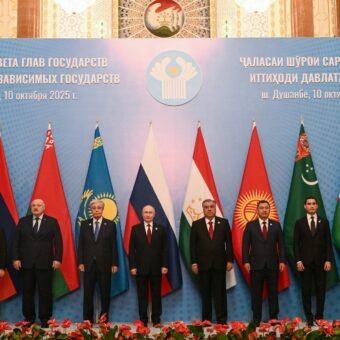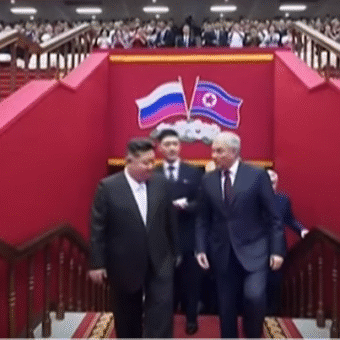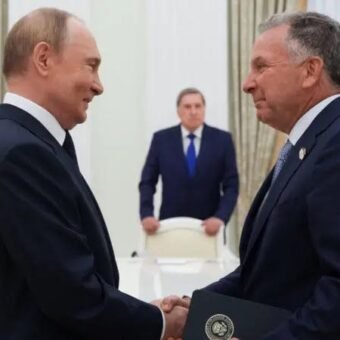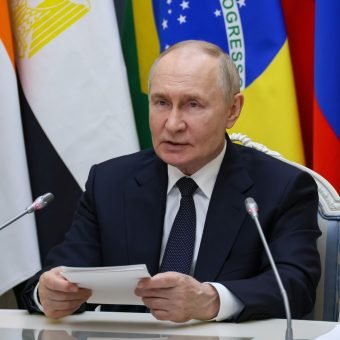Putin’s Visit to North Korea and then to Vietnam: Western Press
If one does not read too much western press, and one is not used to the puerile level of reporting, it is sometimes a whole lot of fun to imbibe. These two visits grabbed the western media’s attention and are punishing raw nerves leading to petty and trashy comments.
The mainstream media claimed that Putin is making the trips to spite the West — completely forgetting Russia’s economic and geopolitical incentives to bolster the Eurasian market , security and overlooking Moscow’s historic bonds with North Korea and Vietnam.
In fits of demented Karenisms, the MSM laments that while the West has tried to isolate Moscow and Pyongyang, the two openly defy sanctions and denounce them as illegitimate. How can they do that? It’s irresponsible and … sputter splutter.
🌏 The New York Times: “[Russia and North Korea] have grown closer again as a result of shared hostility toward the US”.
🌏 The Washington Post: “…[Moscow and Pyongyang] deepen their alignment in the face of separate, intensifying confrontations with Washington.”
“The US, which has spent years strengthening ties and accelerating trade with Vietnam, criticized Putin’s planned visit.”
🌏 Bloomberg: “Russia’s bond with North Korea is a danger to the world”.
🌏 Der Spiegel: “The US is ‘concerned’ about the deepening of relations between North Korea and Russia.”
🌏 Reuters: “Russia’s Putin to visit Vietnam is sparking the US rebuke of Hanoi.”
🌏 The Telegraph: “Putin is set to visit Hanoi… in a move that has angered the United States – Vietnam’s largest trading partner.” “In the [Vietnamese] capital, a city dotted with prominent Soviet-style buildings and statues – many were eagerly anticipating the Russian president’s visit.”
President Putin has made it clear that Russia is enhancing ties with Southeast Asia to facilitate the region’s growth through trade, exchanges in technology and establishing new logistic routes. At the same time it is ensuring “indivisible security in Eurasia” — where Russia traditionally plays an important role.











